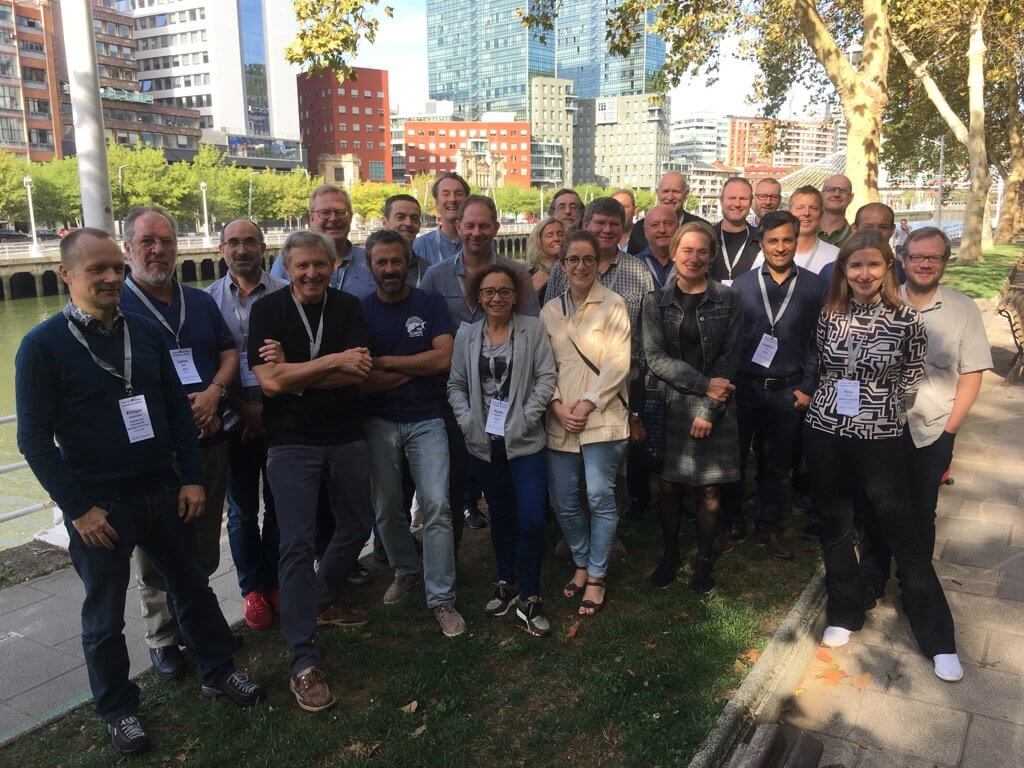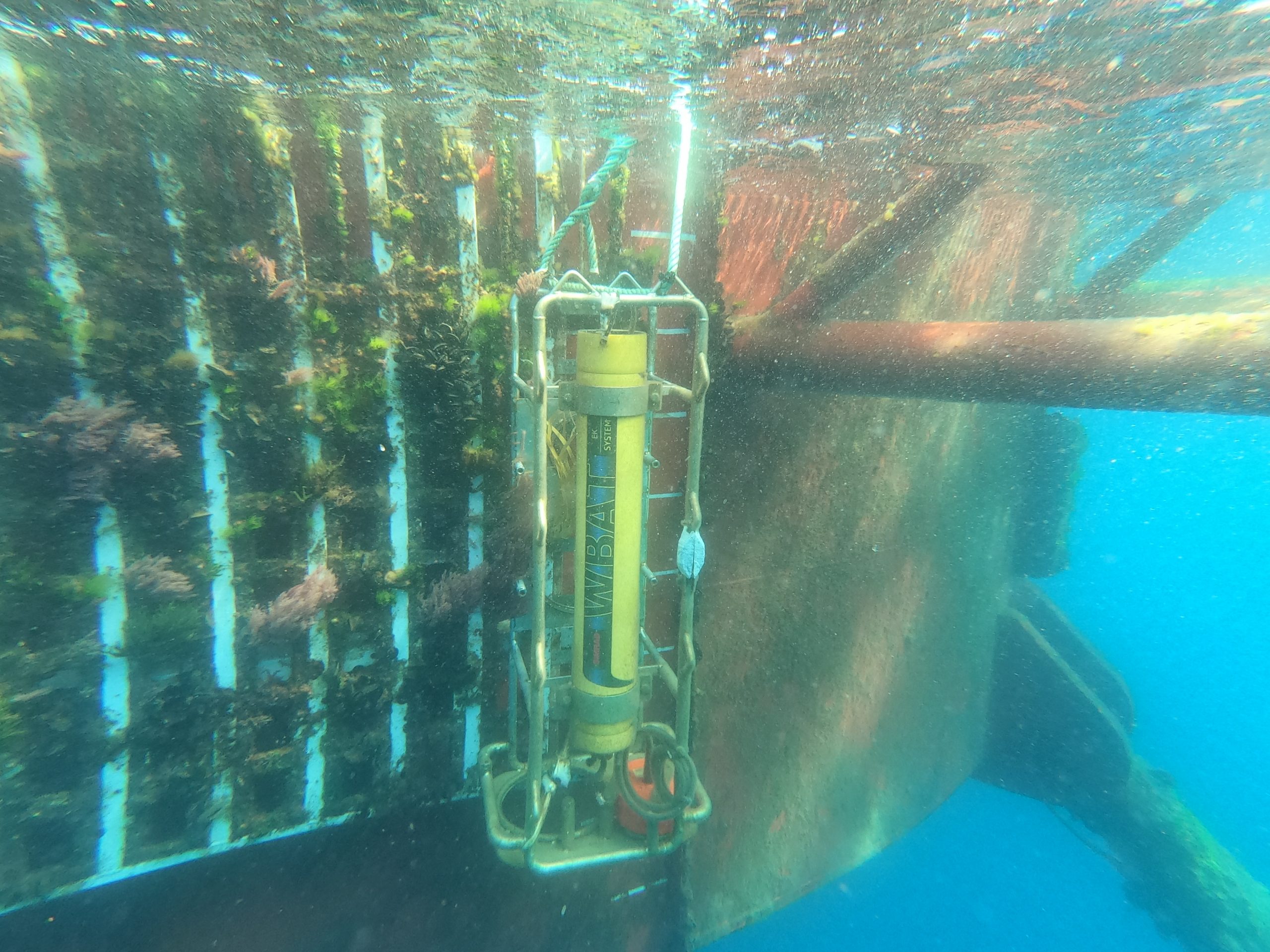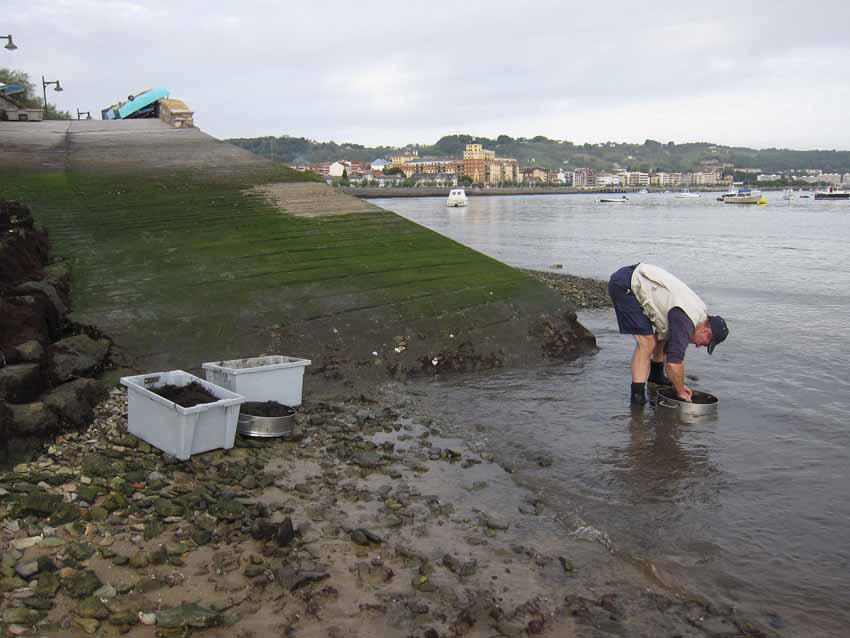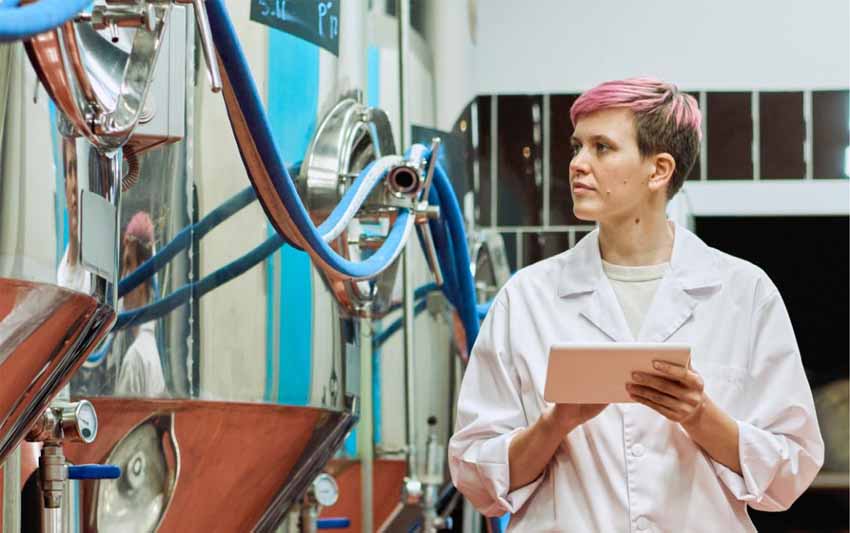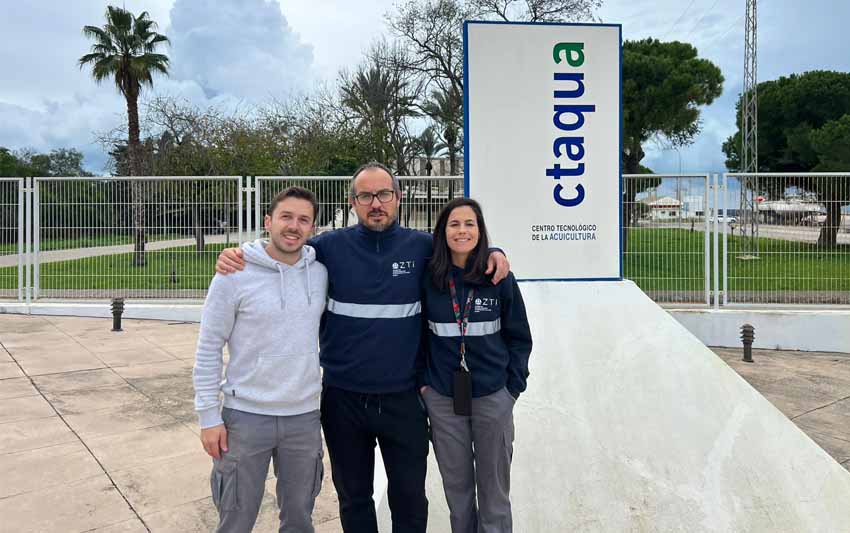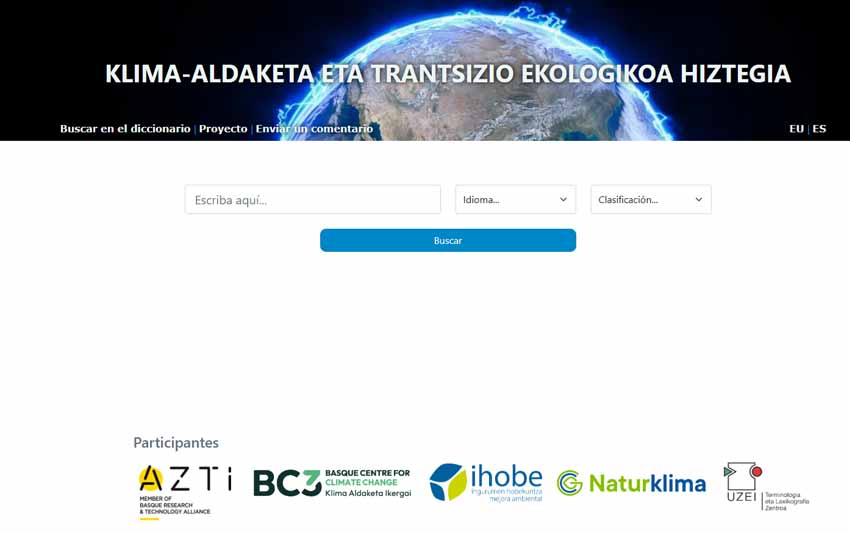New EU project on sustainable mesopelagic fisheries
Últimas noticias
International Energy Day: AZTI's Innovations in Marine Renewable Energies
Scientists Find Marine Bacteria that Break Down a Key Compound for the Carbon Cycle and Global Climate
A new tool promotes the sustainable development of maritime sectors and marine biodiversity conservation
- Researchers are to look into whether organisms living deep in the oceans can be exploited in an ecologically and economically sustainable way
Bilbao, 26th October, 2019. Mesopelagic organisms live at depths between 200 and 1000 m. The mesopelagic community is the subject for research in the new EU-H2020 research project MEESO which is funded for four years. The goal is to fill in major knowledge gaps on these organisms and their role in and interactions with the full marine ecosystem.
The background to MEESO is the global human population growth causing increased demand for food, including marine proteins and lipids.
Mesopelagic organisms represent the largest unexploited resource left in the world’s oceans, with a recent biomass estimate of around 10 billion metric tons, 10 times larger than previous preliminary estimates.
Nevertheless, our knowledge of the mesopelagic community in terms of biodiversity, the drivers of its biomass, its role in carbon sequestration, and its interactions with the epipelagic community, including commercial fish stocks, has major gaps. The main reason for these knowledge gaps is the lack of methods to observe and sample the relatively small organisms living at depths between 200 and 1000m.
Índice de contenidos
Assessing sustainability of potential exploiting
MEESO will determine the potential of sustainably exploiting the mesopelagic biomass for products included in the human food chain. It is important to assess the long term sustainability of potential extensive exploitation at an early stage to develop appropriate management measures.
MEESO’s implementation of new acoustic and trawling research survey technologies will provide novel estimates of the abundance and spatial distribution of key species, and provide insight into the structure and functioning of this largely unknown part of the marine ecosystems.
New fishing technologies and tools for assessment
Development of new fishing and processing technologies and mapping of contaminant and nutrient content of key species will be used to explore the basis for a viable fishery. New tools for assessment and management will be established. The trade-offs between exploitation and changes in ecosystem service values such as biodiversity and carbon sequestration will be assessed, while identifying options for governance. MEESO is an EU H2020 research project and has 19 partners from 10 European countries. It is coordinated by Institute of Marine Research in Norway. The kickoff meeting will be held in Bilbao, Spain, from 24 to 26 September 2019. The kickoff meeting will be a joint meeting with SUMMER, another EU-H2020 project funded to study the mesopelagic community.
